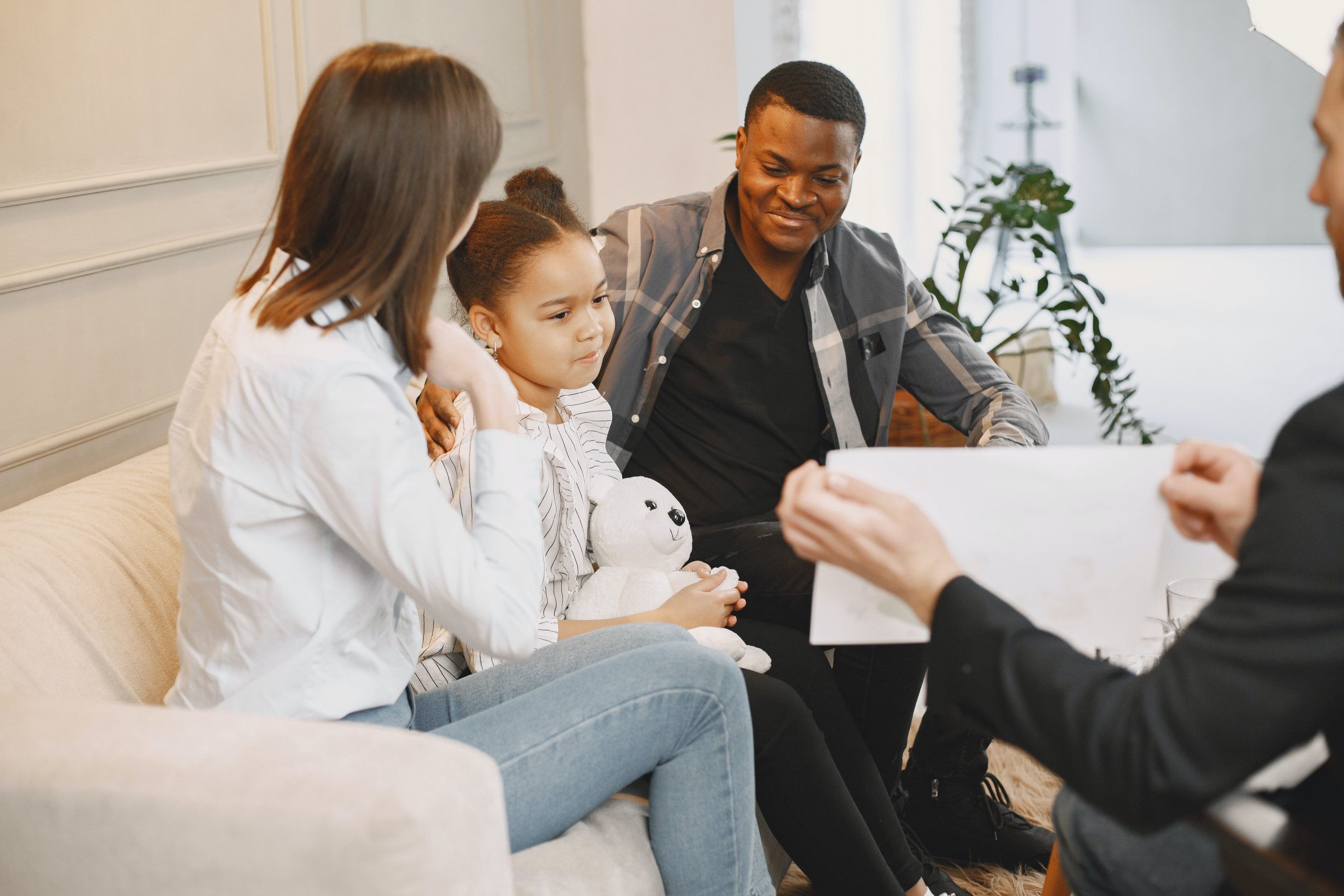
Anxiety and obsessive compulsive related disorders often start or are seen in children and adolescents. According the CDC, between 2016 and 2019 there were 5.8 million children between the ages of 3 and 17 diagnosed with an anxiety disorder. There are a variety of anxiety disorders that impact children and teens including social anxiety, generalized anxiety disorder (GAD), separation anxiety, specific phobias, panic disorder, and more. Many children and teens also meet the criteria for obsessive compulsive disorder (OCD). According the IOCDF, at least 1 in 200 children have OCD.
Just like for adults, there is a normal range of anxiety that can be experienced by children and adolescents. Experiencing occasional anxiety is an expected part of life. Individuals might feel anxious when faced with a situation at work, making an important decision or before taking a test. This feeling is usually temporary and resolves once the situation is resolved. For individuals with anxiety disorders the anxiety persists and interferes with important areas of their daily functioning, for example, their relationships, their academics, and their work performance. Experiencing anxiety is a lot like experiencing fear but with anxiety there is no real danger. Anxiety disorders can lead to individuals avoiding situations that make them anxious and while this works temporarily, the anxiety tends to get worse over time.
The staff at The Artemis Center for Guidance, and as a part of the Apollo Center for Exposure Therapy, often utilize exposure based interventions to address anxiety and obsessive compulsive patterns and disorders in children and teens. By exposing an individual repeatedly to situations that make them anxious, they learn that what they fear does not happen and that they are able to tolerate their anxiety. Some individuals report that following exposure therapy they are also able to gain a sense of control and mastery over these situations, which also helps to decrease their anxiety. As a part of the training the Artemis staff underwent in November 2020 with the Center for the Treatment and Study of Anxiety at the University of Pennsylvania, we learned how to appropriately and effectively apply these exposure based protocols to children and teens in a manner that that they understand and can easily engage with.
School Refusal and Anxiety
School refusal can be a frustrating and disruptive problem for a child or teen as well as their family. There can be several reasons a child or teen may refuse to go to school and one of these reasons can be based in anxiety the child or teen may have about school or specific circumstances at school. When anxiety is at the core of why a child or teen is avoiding school, similar exposure based principals of care and interventions can be used just as they are used for many other triggers for anxiety and obsessive compulsive related disorders.
If you feel the The Apollo Center for Exposure Therapy may benefit your child call and inquire about an assessment with our dedicated team or sign up here…


